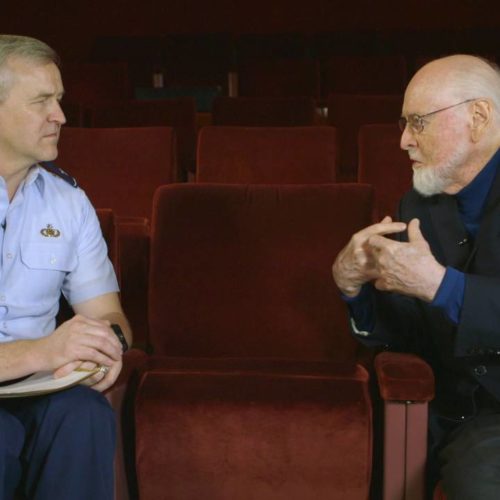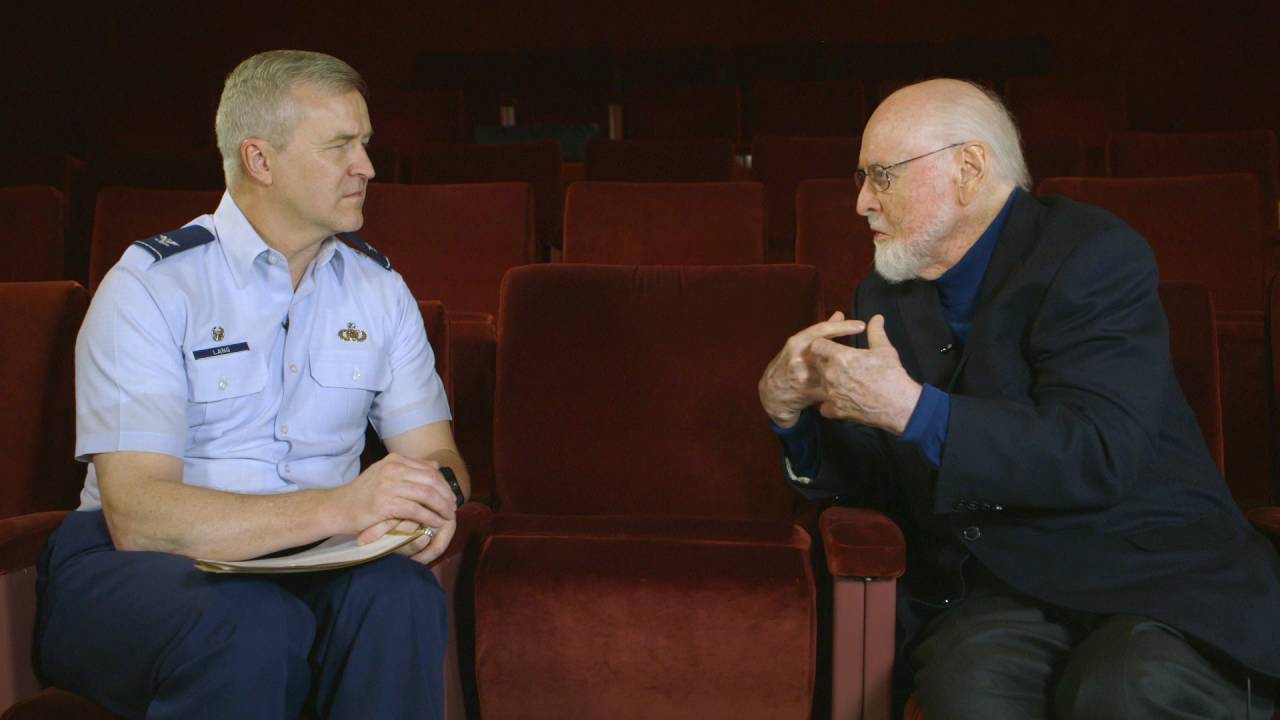John Williams: My best times were in the US Air Force
mainThe composer revisits a formative part of his distant past.


The composer revisits a formative part of his distant past.

We have been notified of the passing on…

The German label Dabringhaus und Grimm has ordered…

It is no secret that, for the past…

We are hearing from disappointed concertgoers who booked…

Session expired
Please log in again. The login page will open in a new tab. After logging in you can close it and return to this page.
Comments